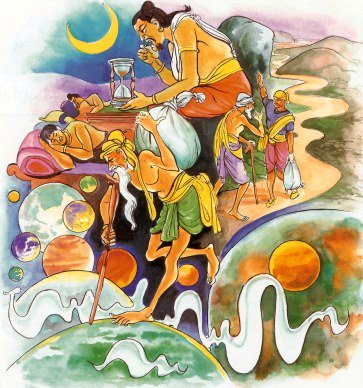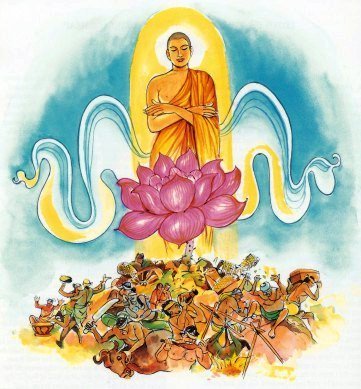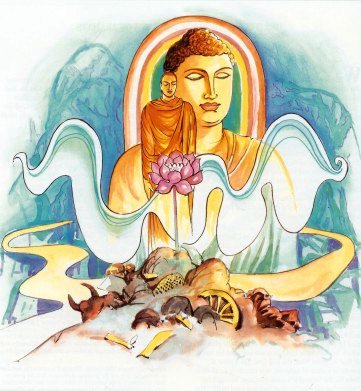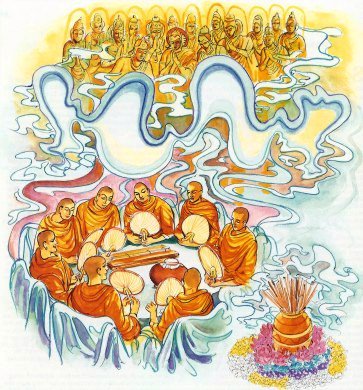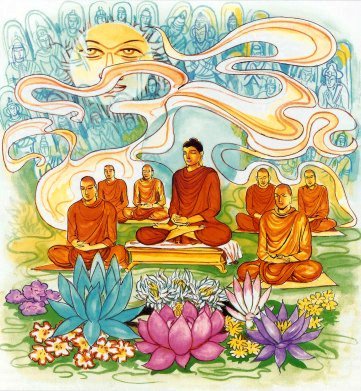Conceiving so his foolishness
the fool is thereby wise,
while ‘fool’ is called that fool
conceited that he’s wise.
Explanation: If a foolish person were to become aware that he is foolish, by virtue of that awareness, he could be described as a wise person. On the other hand, if a foolish person were to think that he is wise, he could be described as a foolish person. Continue reading “Verse 63. Know Reality Be Wise”




